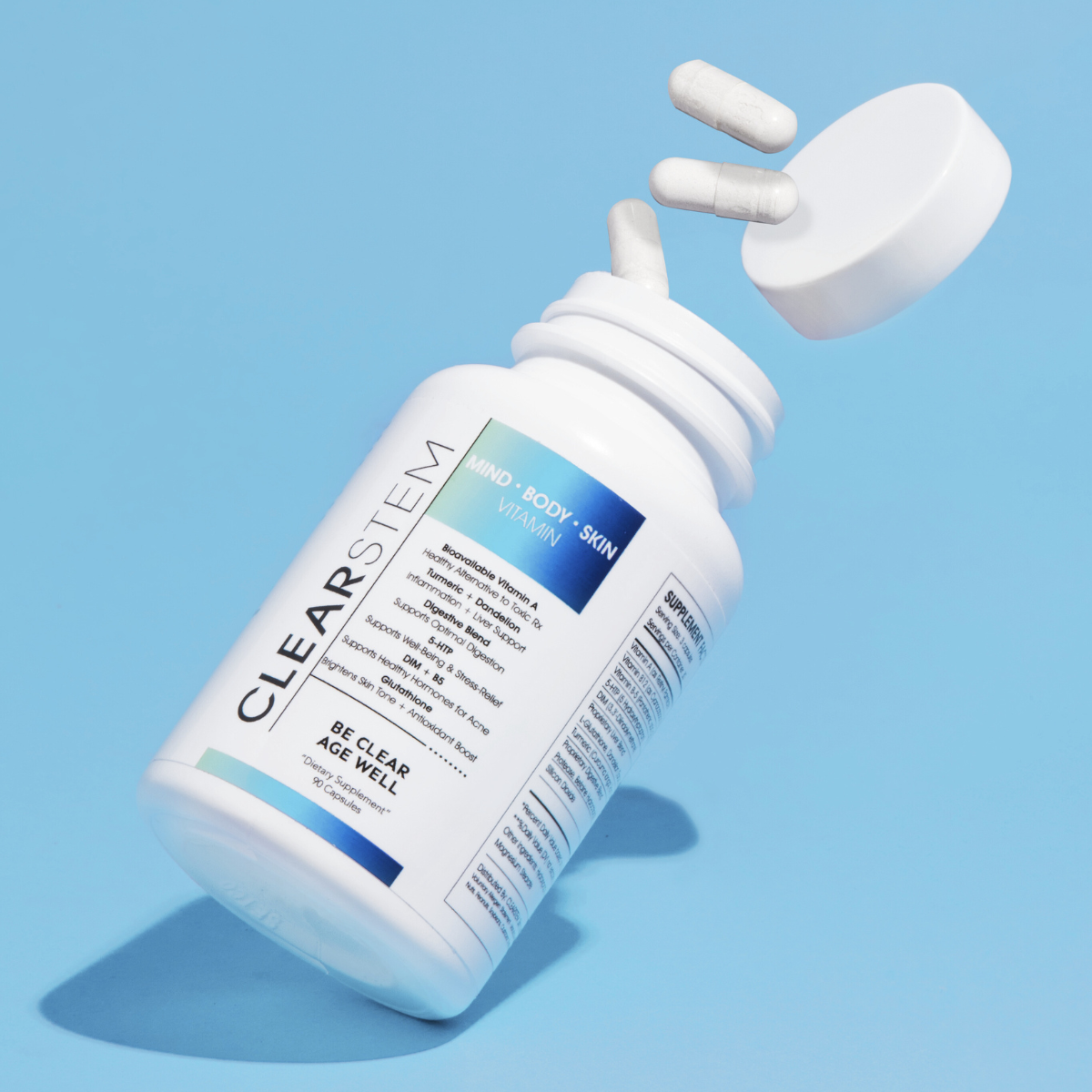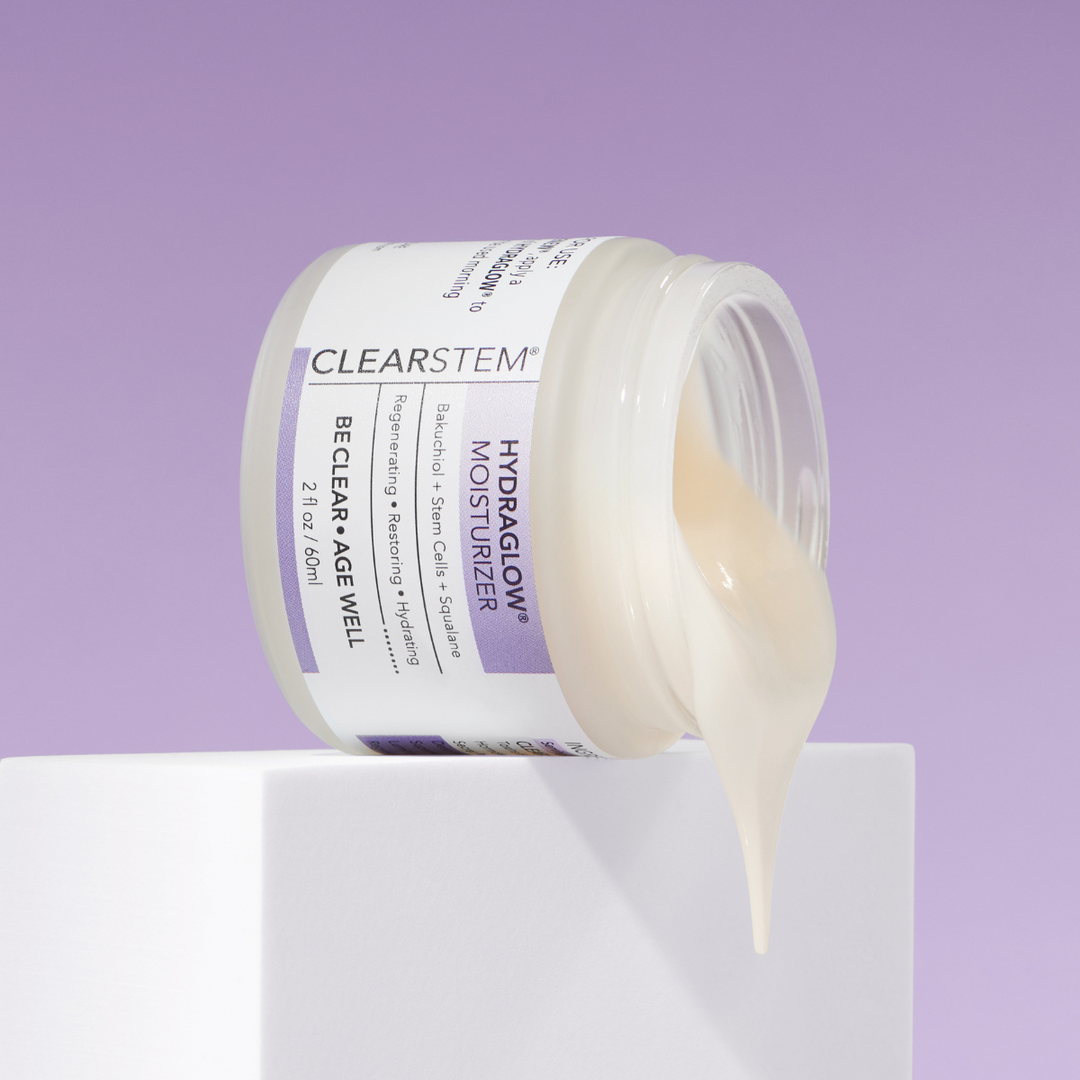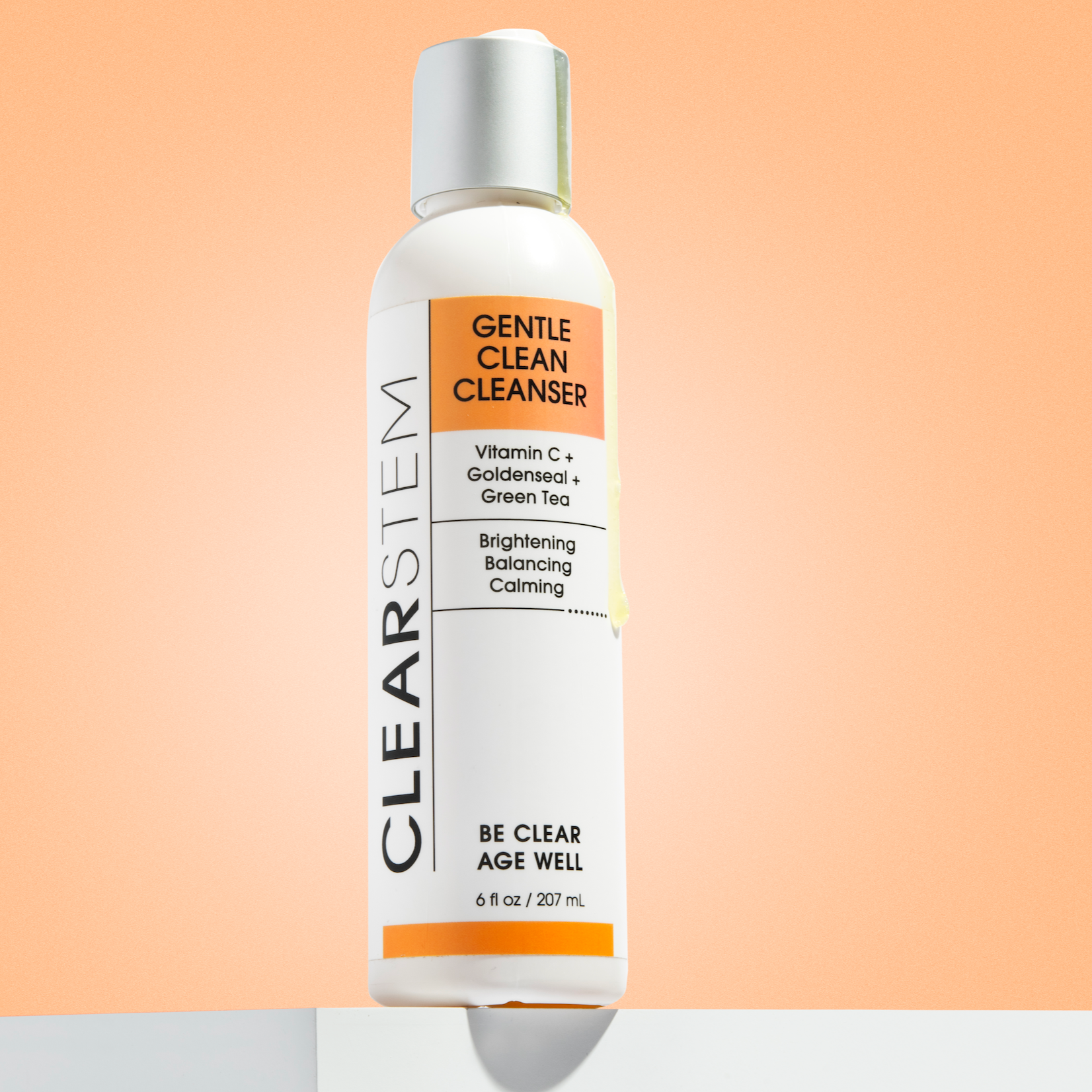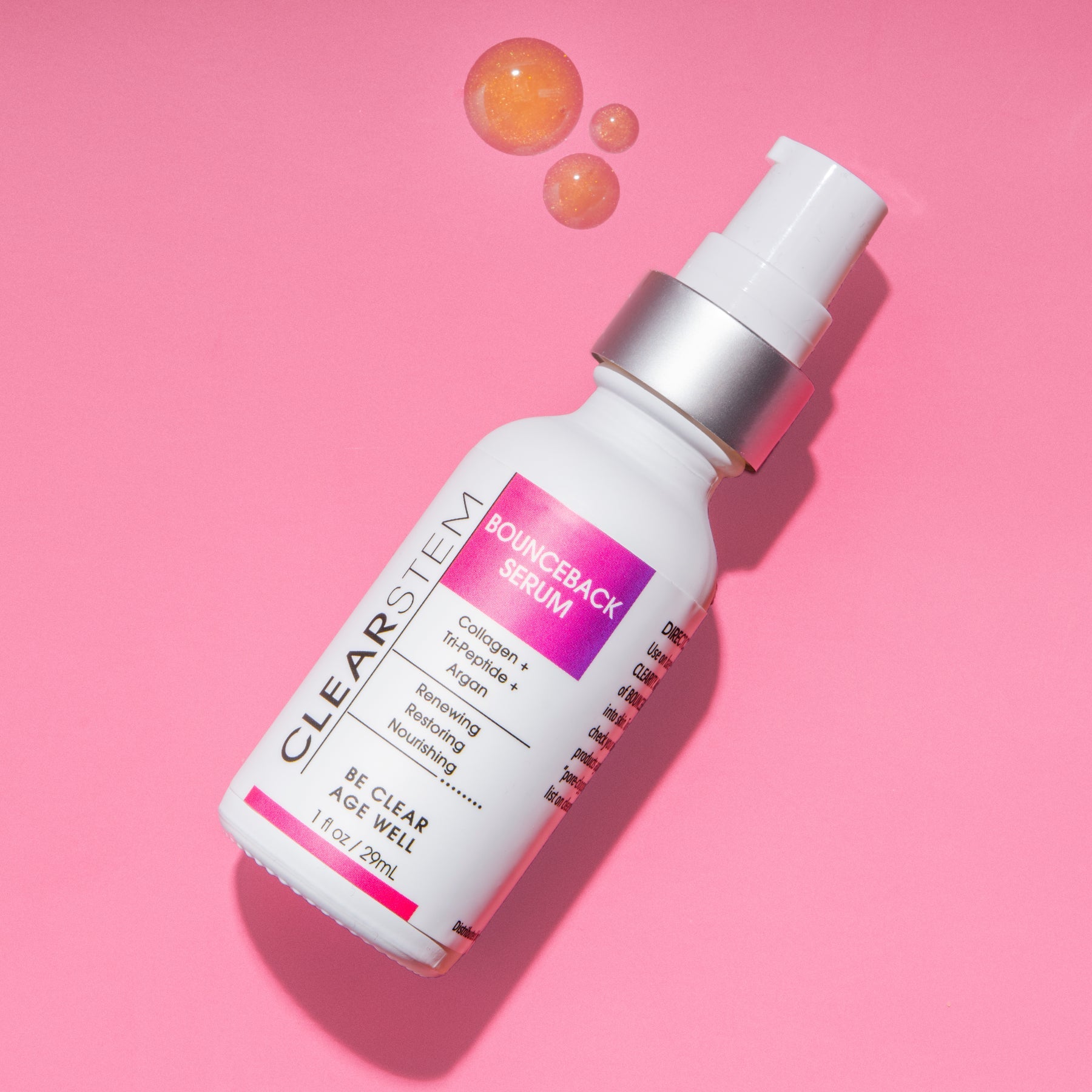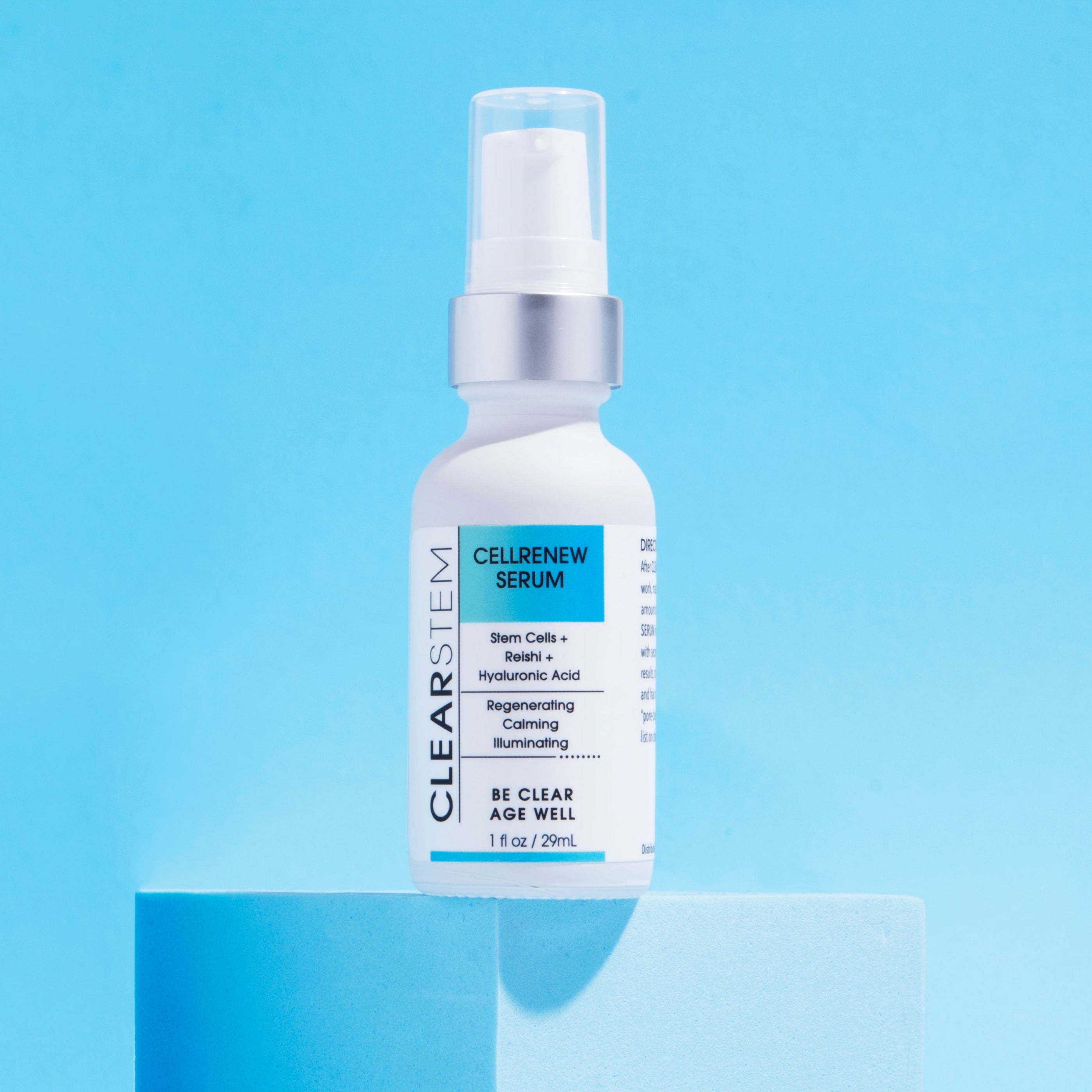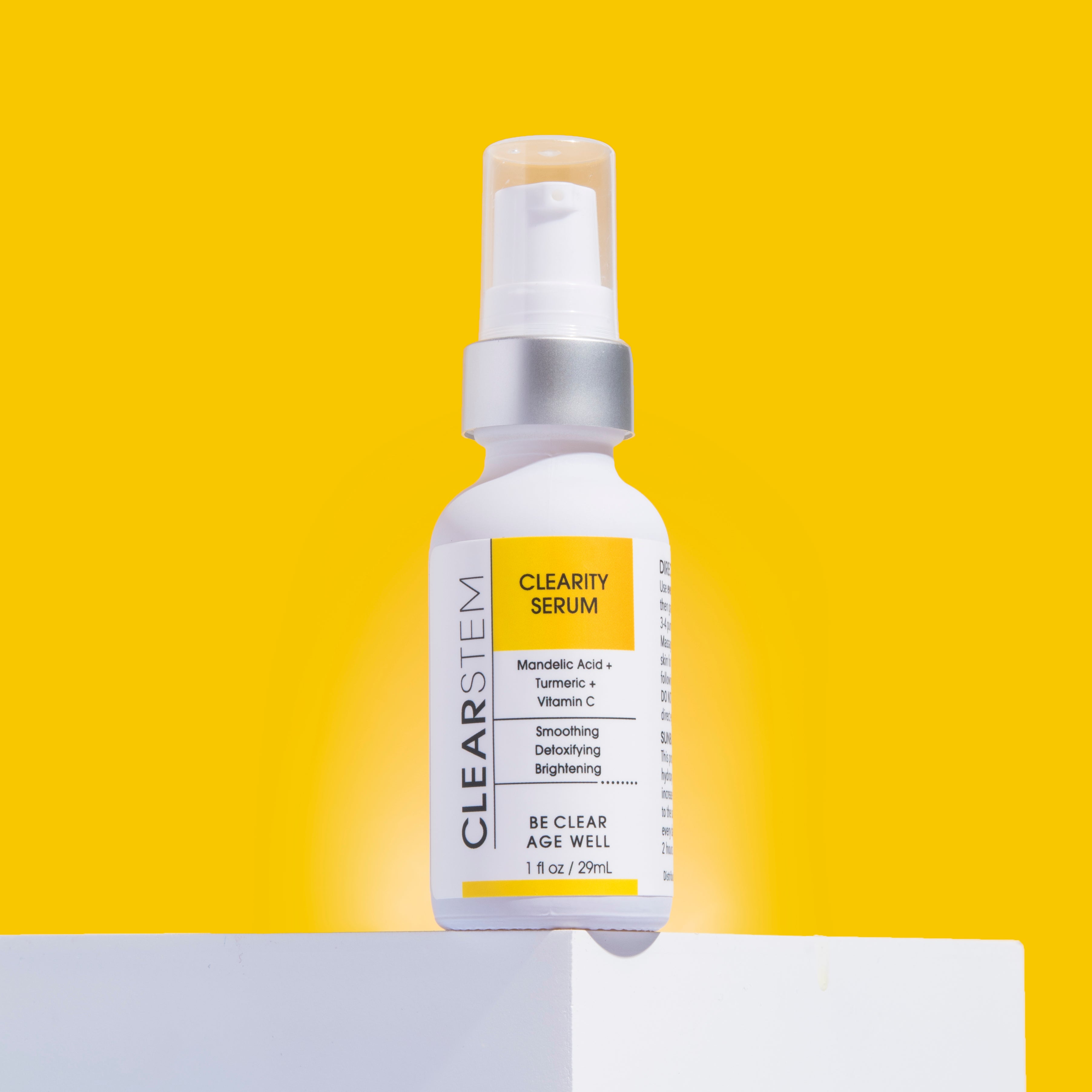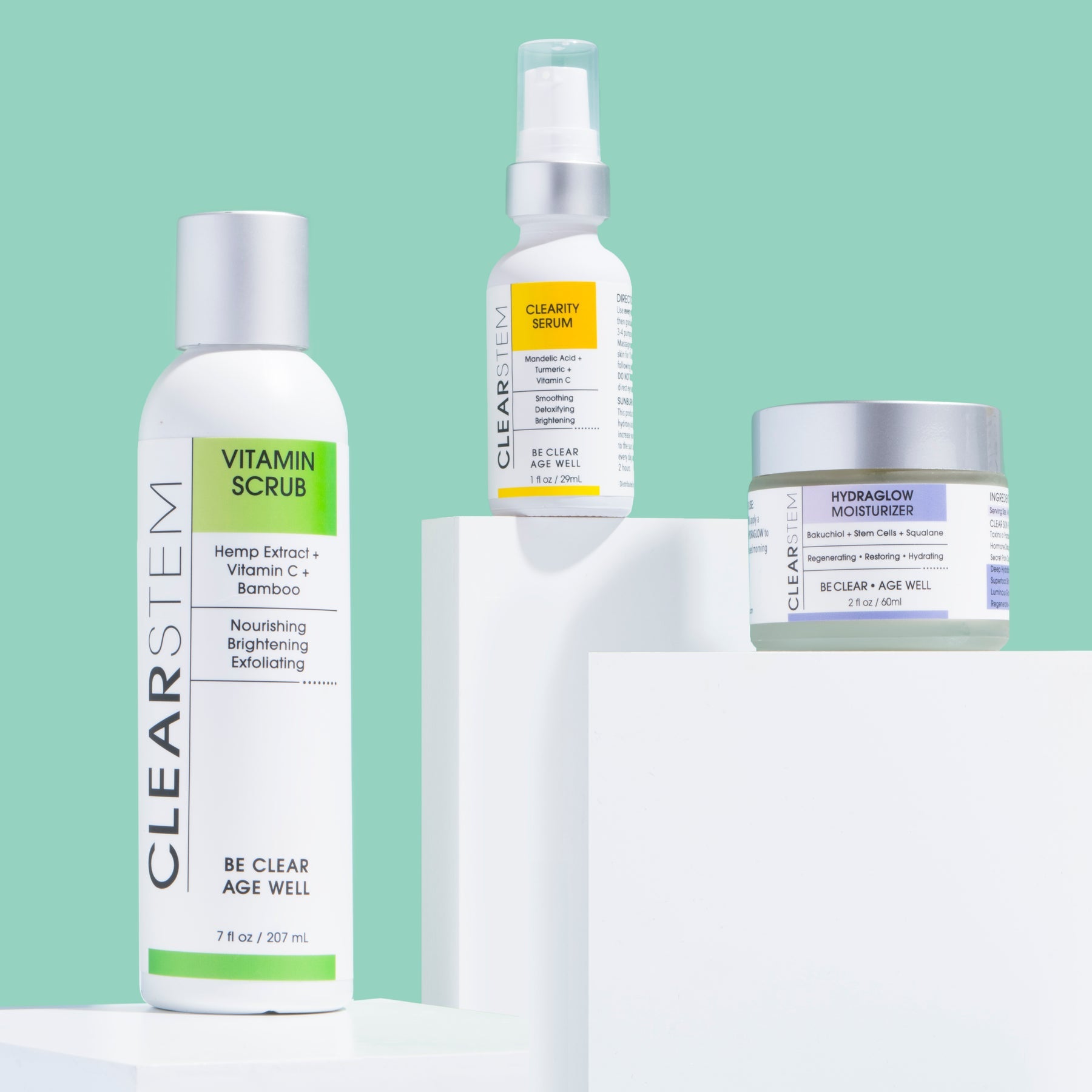We all try to do what we think is best for our skin. However, when we get acne breakouts, it can be easy for those blemishes to cause acne scars if we’re not careful. The thing is, our facial skin is very thin and delicate – which is why it’s so important to not pick or touch those breakouts, no matter how tempting it may be. Avoiding picking is especially important for those with darker skin or olive undertones as they scar much more easily.
Considering that it’s exposed every day to harmful chemicals, toxins in the air, and that giant ball of fire in the sky, it’s amazing that our skin can stay as smooth and radiant for as long as it does! But in the event that acne scars do happen, there are a number of things that you can do to help clear these scars out faster.
To understand this, let’s go ahead and take a quick look at scars and how they form on the skin. If you’ve gotten this far in your let’s-learn-about-skin journey, you’re likely familiar with collagen and everything it can do (and all the beauty products it’s in, like our collagen stem cell serum!). Collagen is just one of the many examples of how our bodies produce something that is beneficial to us in so many ways.
But did you know that scars are mostly formed of just that: collagen? You see, when the skin is cut or opened in any way, the broken tissues cause the body to immediately start releasing collagen in the area of the cut. Collagen helps the tissue heal by forming and building up on the skin wound. (1)
Over time, as new collagen starts producing on top of itself and more blood is pumped into the area of the wound to promote further healing, this area becomes lumpy and raised and thus, a scar is born. Time goes marching further and further on, and while this scar will eventually fade, it'll never actually completely go away. (2)
Sure, at a glance, it may look like the scar is gone. However, as some researchers have discovered through fingerprint analysis, even scars that are hard to see anymore are still present on the skin. Fortunately for us, the beauty industry has come a long way and a scar no longer needs to be this huge, disfiguring thing. (3)
These days, we’re now aware of so many things we can do for scars – such as employing vitamins for acne scars and treating them with silicone bandages, for example – to help reduce their prominence and help them become almost invisible over time. What does this mean for you? Those deep scars that drive you nuts and require all the concealer can be controlled after all- and with the information we’re about to share, you can avoid getting them in the first place. (4 & 5)
What are the Different Types of Acne Scars?
It may seem that all scars look pretty much the same on the surface. You cut yourself, it bleeds (seemingly forever if it’s a finger cut), and then it scabs over, eventually morphing back to mostly normal skin that may look a little extra smooth and shiny, or have some dimpling. But acne scars, because of pimples originating in the pores of the skin, can be a little different.
While acne is common, acne scarring does not affect everyone who has acne, and even better, there are a few things that you can do to help prevent it. Caring for your skin gently and thoroughly while following an esthetician or dermatologist’s instructions can help prevent scarring with any type of acne. Conversely, doing the opposite (especially squeezing your zits without treatment or picking at your acne wounds) raises your potential to develop permanent scarring.
Another very common issue is post-inflammatory hyperpigmentation (or PIH). This often happens due to acne breakouts, as well as other types of injuries or wounds on your skin. If acne is treated and healed properly, it will likely leave a small discolored or darker patch of skin that will eventually fade away. (6)
While this can be frustrating after waiting so patiently for your acne to clear, rest assured that PIH will fade on its own, and there are even a few dark spot products out there that can help these marks fade even faster. But, the good news here is that the mark will completely fade over time (assuming you wear sunscreen!), and taking a hormonal acne supplement can give you extra boosts of the healing vitamins you need.
Now, on to the real scars! There are generally three different types of acne scars – namely, atrophic scars, hypertrophic scars, and keloid scars – with a few sub-categories thrown in. Let’s go ahead and break them on down together. (7)
Atrophic Scars
Atrophic scars are the most recognizable type of acne scarring and are separated into various types by appearance. Atrophic scars can happen in any acne episode, but are more common in cases of severe cystic acne that have lasted over time. Some of the more common types of atrophic scars are:
- Ice pick scars. These are the most common of the atrophic scars and are named because they are deep in the skin, possibly all the way to the subcutaneous tissue. The depth of these scars makes them the most difficult to heal, but it’s not impossible. These types of scars can be found anywhere on the skin.
- Boxcar scars. This is the next most common type of atrophic scar. These are wider than ice pick scars and can be boxy shaped (hence their name), making them more difficult to heal. They can resemble chicken pox scars and are usually present where the skin is thicker, like the jawline.
- Rolling scars. Finally, these are the least common type of atrophic scar. They are normally much larger than other types of atrophic scars and have poorly-defined edges. These types of scars can be extremely difficult to heal because of their width and irregularity.
Hypertrophic Scars
Hypertrophic scars are much less prevalent than atrophic scars and are usually located on other parts of the body, such as on the back or trunk. Sometimes during the healing process, the body produces too much collagen, causing a raised area instead of an indent as scars usually are. Hypertrophic scars are usually as small as the acne that was there before them.
Keloid Scars
Keloid scars, like hypertrophic scars, are also raised areas on the skin. The only difference between keloid scars and hypertrophic scars is that keloid scars are larger than the original pimple which caused the scar. They may keep growing for long periods of time until they’re surgically removed, but unfortunately, they can also return when removed.
What are the Best Vitamins/Nutrients for Acne Scars?
The market is flooded with products that claim to get rid of scarring, and this isn’t just for acne, but all over the body. With so many different products out there, how can you know which products will help the most and which ones are bunk? When it comes to the best vitamins for acne scars, knowing what type of acne you’re dealing with as well as what type of scars you have can help you make the best choice for you.
Depending on how into your skin routine you get, you can even look into an anti-acne diet, as taking good care of your skin from within can arguably be one of the best weapons in your anti-breakout toolkit. But that said, you’re probably wondering what vitamins are good for acne scars. We were hoping you’d ask, and here’s our hand-selected list of the five best vitamins to counter acne scars.
Vitamin A
Vitamin A is already working hard in our skin as our scars are healing to form new blood vessels and new connective tissue. In fact, vitamin A deficiencies have been proven to cause a decrease of collagen production in the extracellular matrix of new skin, as well as a higher level of inflammation, causing scars to look worse and last longer. Taking a Vitamin A supplement for acne issues can also help the scarring process work better. (8)
Turmeric
If you’ve ever enjoyed a hearty, bright-yellow curry, then there’s a chance that you’re already familiar with the magical flavors of turmeric. If not, then you definitely want to become best friends with this aromatic spice, as it’s a total game-changer when it comes to acne scarring. Brimming with something known as “curcumin,” this ingredient has been shown to help promote wound healing, boost collagen production, reduce inflammation, and – yep, you guessed it – help prevent the formation of scar tissue. (9)
Vitamin B3
This vitamin, also known as niacinamide, works by boosting the epithelial barrier of the skin by stimulating the production of collagen. Another very useful feature of this molecule is its capacity to fight back against hyperpigmentation, allowing you to ward off dark spots by degrading the excess of melanin. (10)
Vitamin B5
Vitamin B5 – aka, pantothenic acid – also regulates the function of the skin as a barrier and the division of a type of skin cells. When taken daily in oral supplements, this vitamin helps soften the skin and reduce the total number of lesions produced by the acne. (11)
Vitamin C
Vitamin C is good for a wide variety of things having to do with the body, so naturally, it’s also a major component of the skin, too. On top of being great for your immune system and your body’s general health, taking vitamin C supplements can make sure you get enough of this vitamin. That way, you can help ensure you’re making enough collagen (a must for firm and healthy skin!) and developing those new blood vessels that can help aid in healing. (12)
Zinc
But not too much! Too much zinc can raise testosterone and lead to hormonal acne so we recommend staying within the 100-150% RDV range. While technically not a vitamin, zinc is also a highly beneficial micronutrient and can help with – you guessed it -- collagen production. It’s been shown to reduce the healing time of surgical wounds by nearly half, so imagine what it can do for those smaller acne scars on your face. As an added bonus, it also has anti-inflammatory properties, which means that the redness and irritation will also go away oh-so-much faster. (13)
Selenium
As another honorable mention, selenium is another winner for treating scars. While it doesn’t help with collagen production, it does help prevent hydrogen peroxide accumulation in the tissues of your skin, which could otherwise damage the cells of your skin if their concentrations become too high. (14)
How Can You Prevent Acne Scars in the First Place?
Unfortunately, acne scars cannot be completely prevented, especially if you’re already genetically predisposed to their formation. They are likely to happen in people suffering from severe cases of acne and are more common in deeper skin tones. Fortunately, a little research, the incorporation of the best vitamins for acne scars, and a lot of self-care can help these scars fade faster and even get to the point of being unnoticeable in many cases.
Treating your acne properly is key – and this means not picking, not poking, and definitely not popping your pimples is the only key that fits this lock. No matter how much you may want to force that zit to go away, your efforts to help are only causing further damage to your skin and can backfire and harm it more.
We also want to encourage you to pay attention to the food you eat, as well. Some foods are more likely to cause hormonal fluctuations and lead to an uptick in acne breakouts, while other foods have vitamins and ingredients themselves that may help your pores remain more clear. (Taking turmeric for skin health is always a good idea and, as an added bonus, it’s found in curries and other delicious food, making it a win-win all around.)
Sugar is perhaps the single most important thing to avoid for your anti-inflammatory / pro-healing lifestyle. Sugar degrades collagen and leads to more inflammation which in turn makes you scar more easily but also makes it much harder for the scars to heal. Think of it like this: sugar stops me from healing. Obviously there are treat days and nobody is going to say no to nana’s apple pie, but on the day-to-day, cutting out refined sugars is the most crucial thing you can do for your health, your skin, and your healing.
The Takeaway
Acne scarring cannot be prevented if you’re one of the unlucky ones who are prone to them, but they can be minimized. On the upside, you now know how to get rid of acne scars before they get worse. There are many things you can do before and after to help the healing process and potentially help those scars fade faster.
The best vitamins for acne scars can be found in many foods, and all are available as over-the-counter supplements, too. Instead of just relying on harsh medications and iffy treatments, look to the natural healing that your body already does and try to find ways you can aid it on its magical healing journey. And in turn, you’ll be able to put your best face forward – free from unwanted scar tissue – no matter what life throws at you!
To even out your skin tone and effectively lighten hyperpigmentation without clogging your pores, explore our range of acne scar treatment products. Shop today for a selection that can help your skin on its path to recovery.
Sources
Source 1: Scars: Treatment and Cause https://my.clevelandclinic.org/health/diseases/11030-scars
Source 2: Cutaneous Scar Prevention and Management https://www.ncbi.nlm.nih.gov/pmc/articles/PMC4746040/
Source 3: A functional enhancement on scarred fingerprint using sigmoid filtering | SpringerLink https://link.springer.com/article/10.1007/s00521-022-07520-x
Source 4: Nutrition and Wound Healing: An Overview Focusing on the Beneficial Effects of Curcumin https://www.ncbi.nlm.nih.gov/pmc/articles/PMC6429075/
Source 5: The Use of Silicone Adhesives for Scar Reduction https://www.ncbi.nlm.nih.gov/pmc/articles/PMC4486716/
Source 6: Post-Inflammatory Hyperpigmentation: A Review of Treatment Strategies https://pubmed.ncbi.nlm.nih.gov/32845587/
Source 7: Acne Scars: Causes, Diagnosis, Types & Treatment https://my.clevelandclinic.org/health/diseases/21222-acne-scars
Source 8: Vitamin A Deficiency and Alterations in the Extracellular Matrix https://www.ncbi.nlm.nih.gov/pmc/articles/PMC4245576/
Source 9: Curcumin accelerates cutaneous wound healing via multiple biological actions: The involvement of TNF‐α, MMP‐9, α‐SMA, and collagen https://www.ncbi.nlm.nih.gov/pmc/articles/PMC7950016/
Source 10: Management of periorbital hyperpigmentation: An overview of nature-based agents and alternative approaches https://pubmed.ncbi.nlm.nih.gov/32472659/
Source 11: A Randomized, Double-Blind, Placebo-Controlled Study of a Novel Pantothenic Acid-Based Dietary Supplement in Subjects with Mild to Moderate Facial Acne https://www.ncbi.nlm.nih.gov/pmc/articles/PMC4065280/
Source 12: Vitamin C: a wound healing perspective https://pubmed.ncbi.nlm.nih.gov/24796079/
Source 13: Zinc in Wound Healing Modulation https://www.ncbi.nlm.nih.gov/pmc/articles/PMC5793244/
Source 14: Immunonutrition: Role in Wound Healing and Tissue Regeneration https://www.ncbi.nlm.nih.gov/pmc/articles/PMC3900114/

